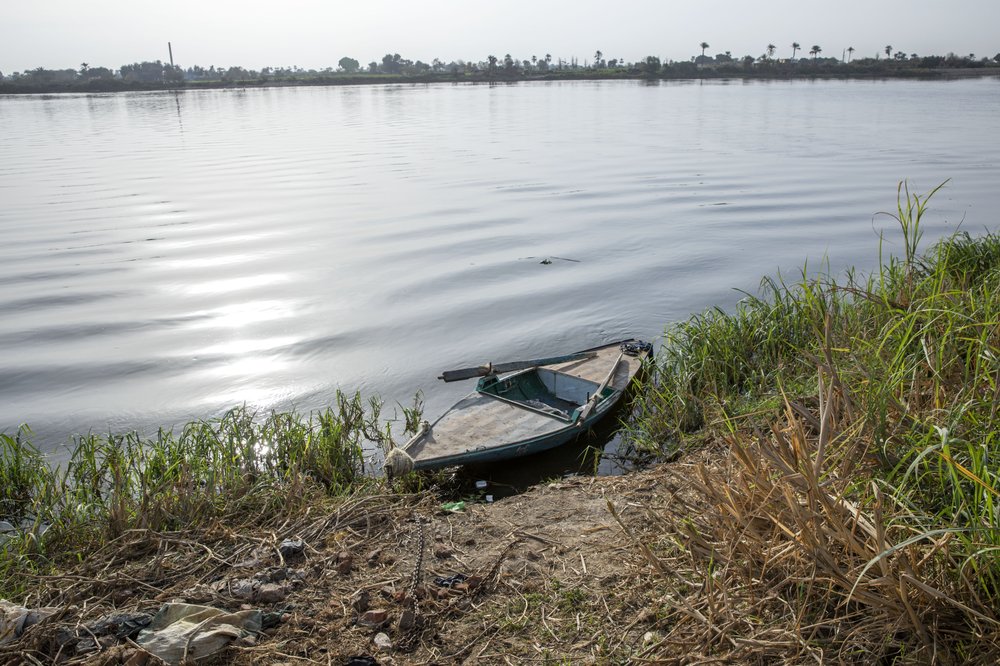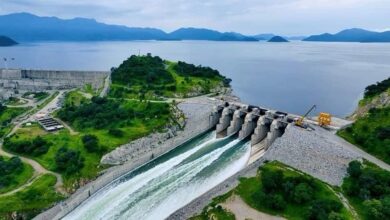The United Nations Environment Program (UNEP), in collaboration with the Cervantes Spanish Cultural Center in Egypt, held a seminar yesterday entitled, “The Quality of Water in the World: The Role of the United Nations.” The guest speaker was Maria del Pilar Gonzalez Meyaui, an information and awareness expert from the UN.
“On 22 March, the UN celebrated Water Day, and its resolution for this year was declared to be clean water for all,” said Meyaui. In 2000, the UN set a number of targets, one of which was to cut by half the number of people who lack regular supplies of clean water and modern drainage systems by the year 2015.
“Currently, 884 million people lack access to clean water in rural areas worldwide,” stated Meyaui. In addition, 2.6 billion people lack proper drainage systems and, as a result, 80 to 90 percent of the water drained into rivers and seas is untreated, she explained.
Chemical pollution was another problem mentioned at the seminar. “We are still unaware of all the negative effects chemical products–such as shampoos, cremes and gels–have on water,” added the UN official. Meyaui confirmed that 80 percent of fatal diseases in developing countries came as a direct result of water pollution.
The UN’s ten-year plan–covering 2005 to 2015–also aims to guarantee clean water supplies and viable drainage systems for everyone.
“The office is spreading awareness by communicating relevant information to the media and journalists so they are able to spread the word,” the speaker noted. As part of these efforts, the program released two reports on 22 March entitled, “Sick Water” and “Cleaning the Water.” Both reports tackle the worldwide water situation and propose possible solutions.
Meyaui also mentioned the role of the private sector in solving water problems and other environmental issues, in addition to national and international regulations that must be more stringently applied.
“A UN water convention has been signed by 36 European countries and we expect more to come,” said Meyaui, adding that this would set an example that could then be applied in developing countries.
The UN official concluded by stating that neglecting the issue only stood to create more problems and accelerate the exctinction of aimal species while also threatening the survival of the human race.
The seminar ended with the screening of a ten-minute documentary film about the water problem in Benin, a developing African country.




